The Egypt-Greece electrical interconnection project at COP 27

Πηγή: Αρχείου
The Greece-Egypt electricity interconnection project (GREGY) developed by the company ELICA SA of the Copelouzos Group was presented in the context of the United Nations World Conference on Climate Change COP 27, under the auspices of the Greek Ministry of Environment and Energy and with the participation of competent minister Kostas Skrekas, Bulgarian Energy Minister Rossen Hristov and managing director for the Climate Strategy of the European Bank for Reconstruction and Development (EBRD) Harry-Boyd Carpenter, .

The presentation took place at the stand of the European Commission, in the presence of many dignitaries, ministers, ambassadors and general secretaries. The managing director of the Renewable Sources and Energy Storage Business Unit of the Copelouzos Group, Yannis Karydas, presented the progress in the electric interconnection project of the two countries and underlined in detail the multiple environmental advantages of a project that fully serves European “green” energy goals.
The Greece-Egypt electrical interconnection, through an approximately 950 km-long submarine cable capable of two-way energy transfer, is characterized as one of Europe’s most important high-priority energy projects, with a key role in the new energy map that is currently being formed in the wider geographical area in light of recent geopolitical developments and the energy crisis.
The project
As highlighted in the thematic presentation, the “GREGY-Elica Interconnector”, with a budget of €3.5 billion, will make a decisive contribution to the transition from fossil fuels and natural gas, as the submarine cable that will connect the two countries will carry 100% green, clean, and cheap electricity.
The 3,000 megawatts of green electricity it will transfer from Egypt to Greece will be generated by 9.5 GW of Renewable Energy Sources (RES) that the Copelouzos Group will build and operate in Egypt and will be able to replace 4.5 bcm of natural gas per year, reducing CO2 emissions by 10 million tons per year.
This is a project that is fully consistent with the European Union’s strategy for the transition to green energy and the achievement of zero CO2 emissions by 2050, while at the same time it contributes to the emergence of Greece as a hub for “green” energy in the wider Eastern Mediterranean region .
The GREGY project is a flagship project for SE Europe and fully supports EU policy for the creation of North-South energy corridors, including green corridors, connecting the electrical systems of Europe with North Africa.
Διαβάστε όλες τις τελευταίες Ειδήσεις από την Ελλάδα και τον Κόσμο



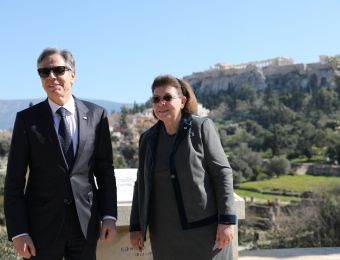


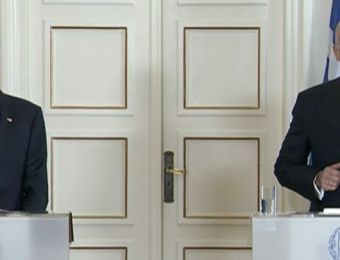




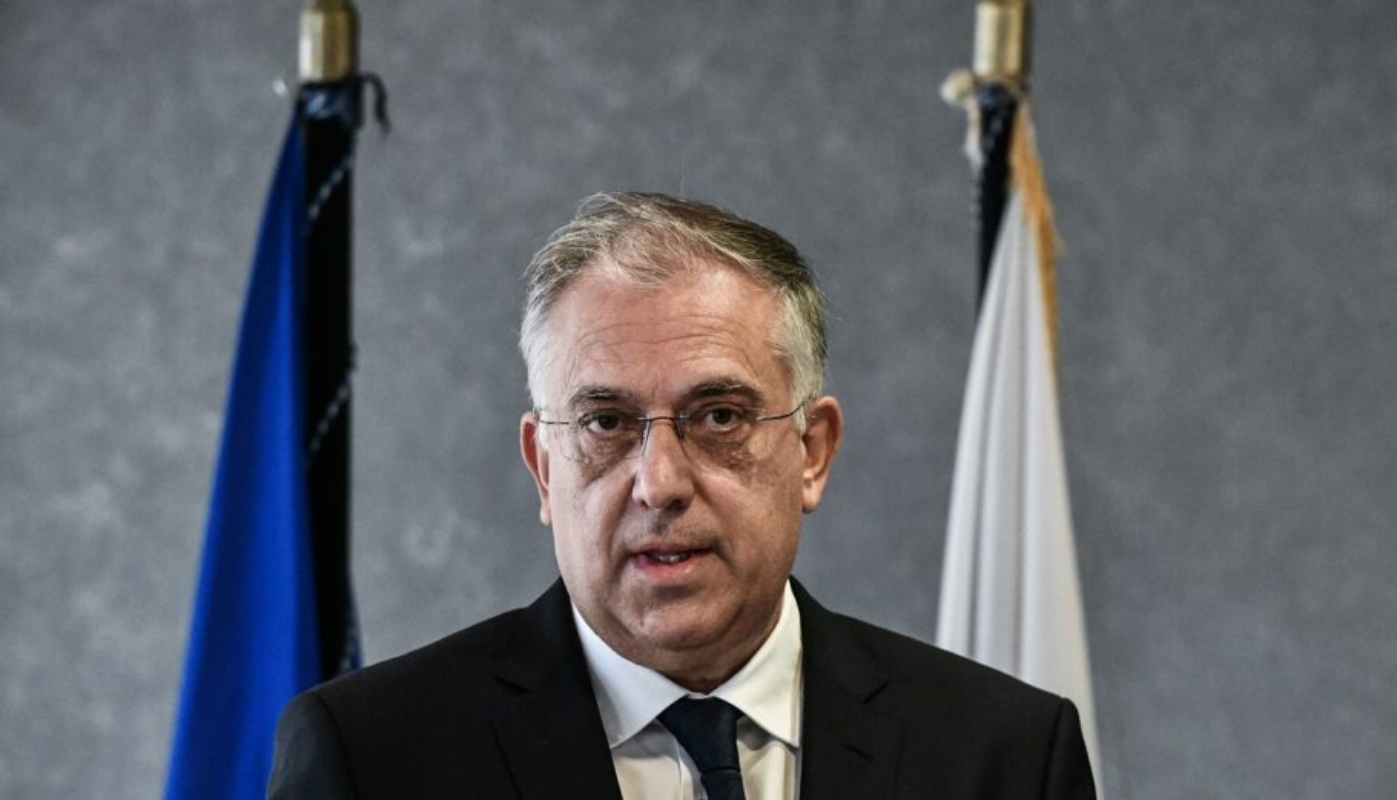



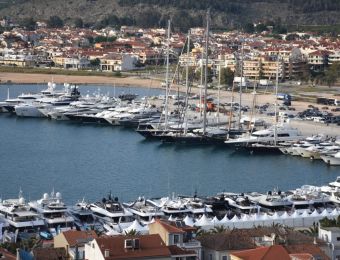


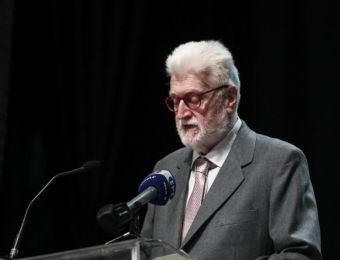


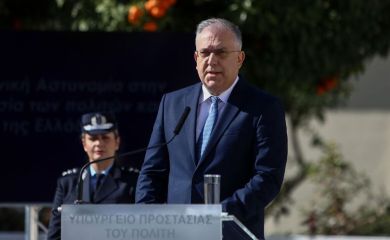

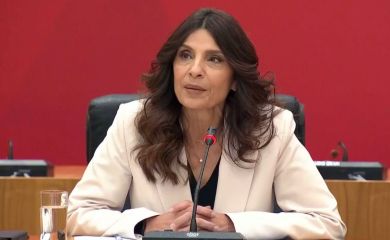

Το σχόλιο σας